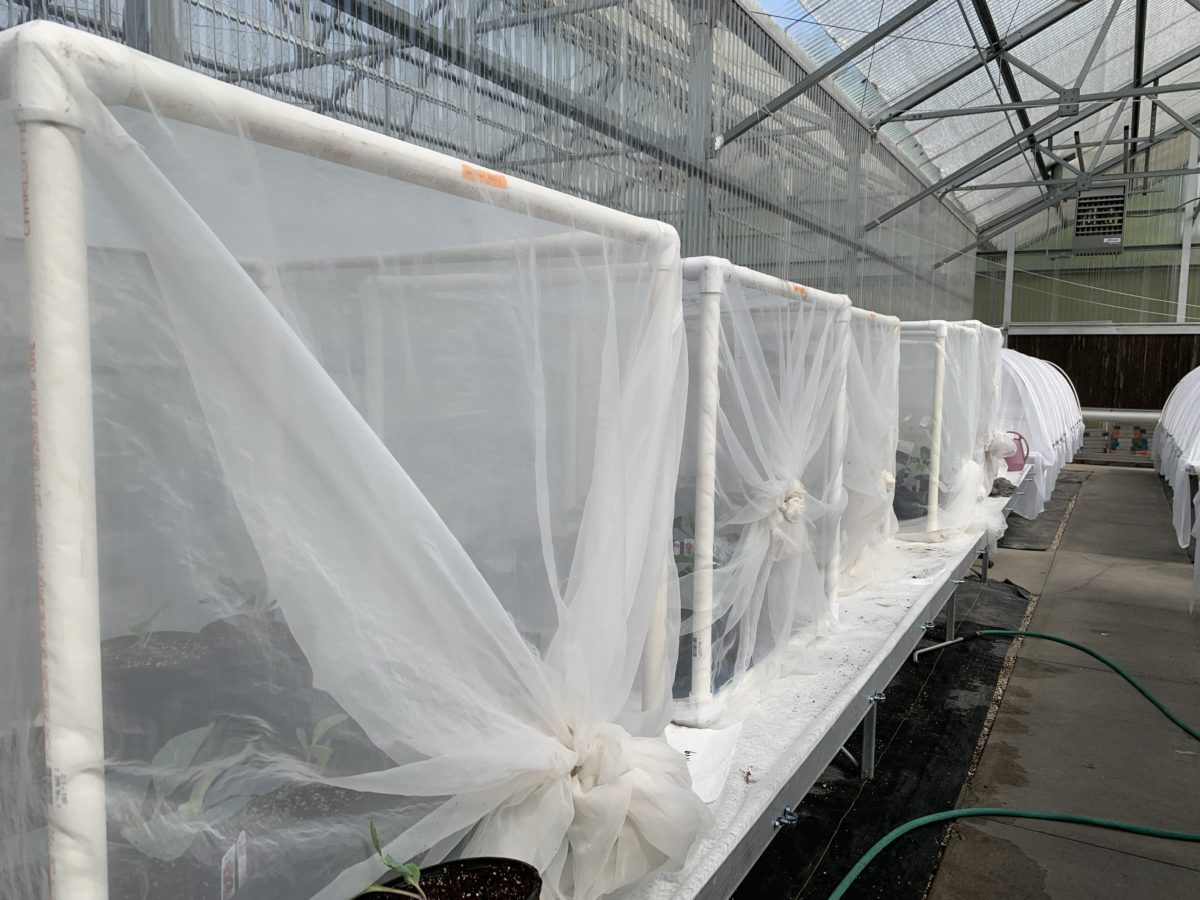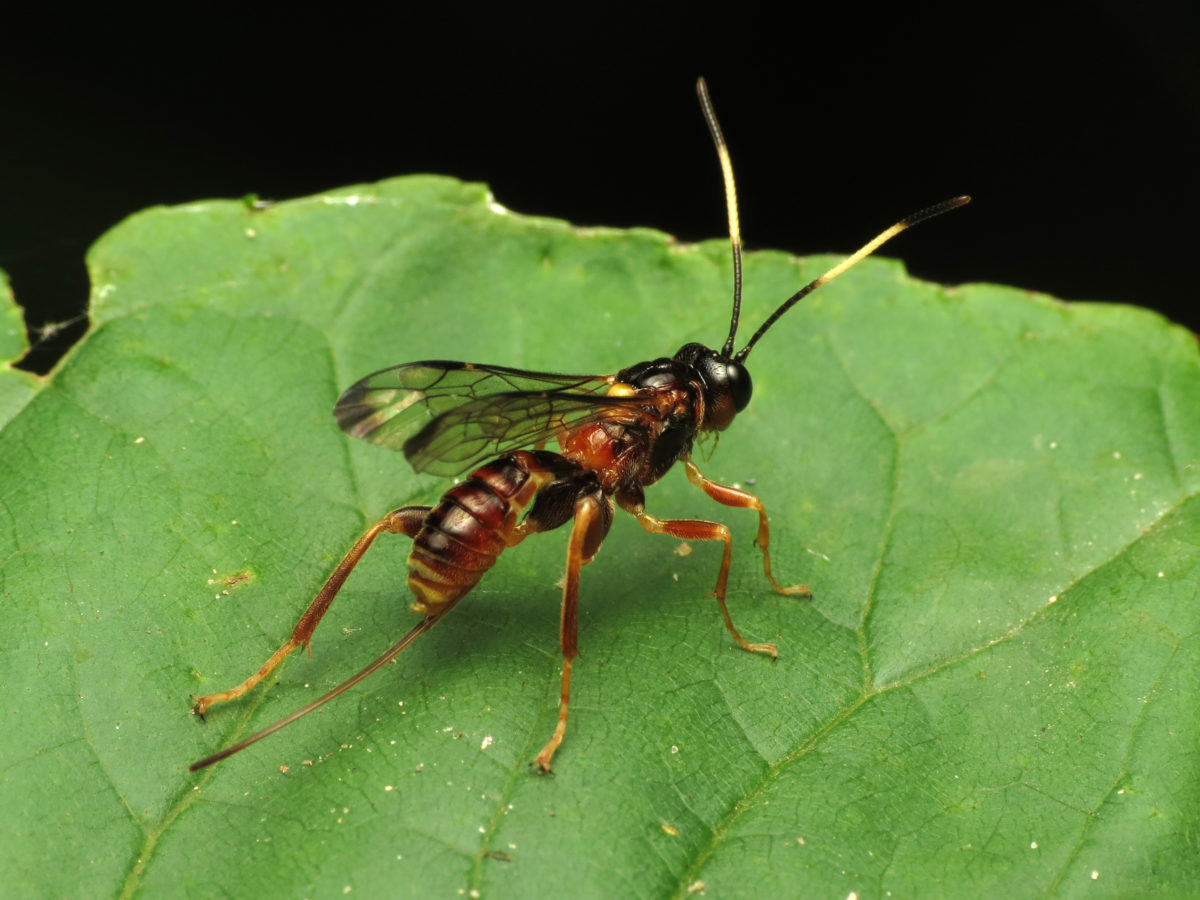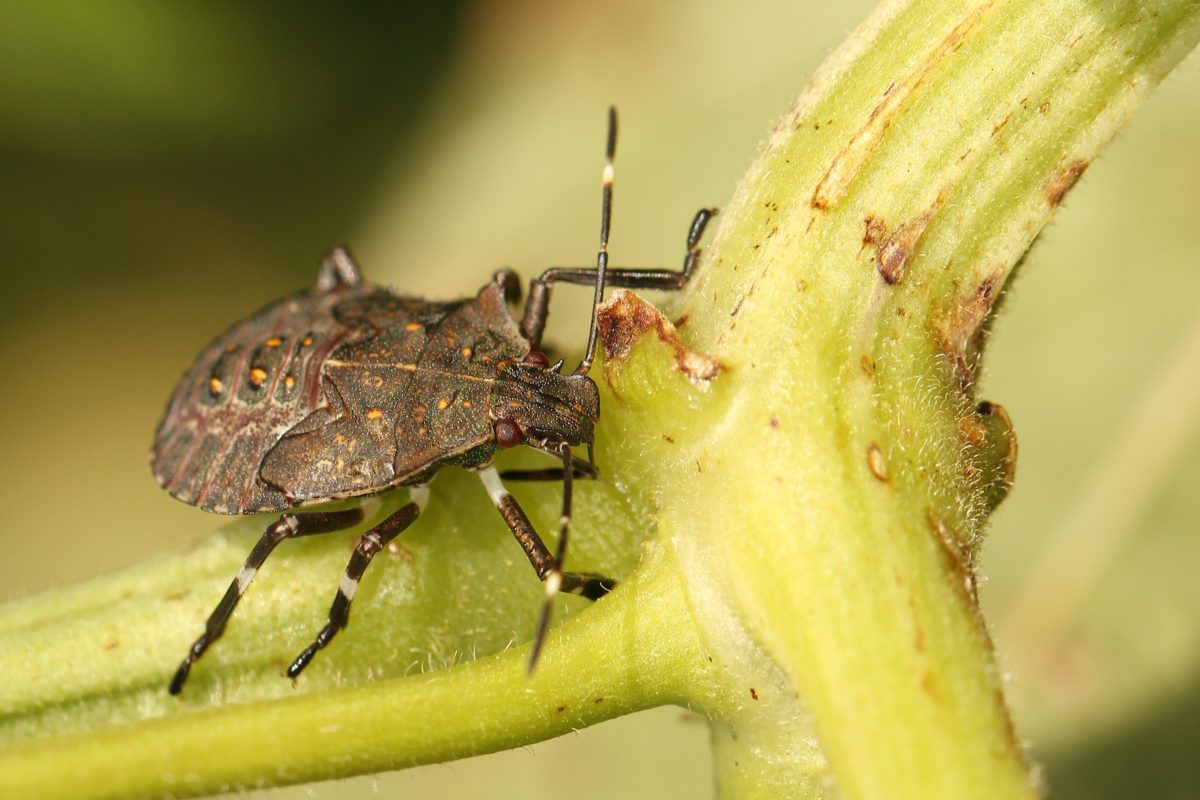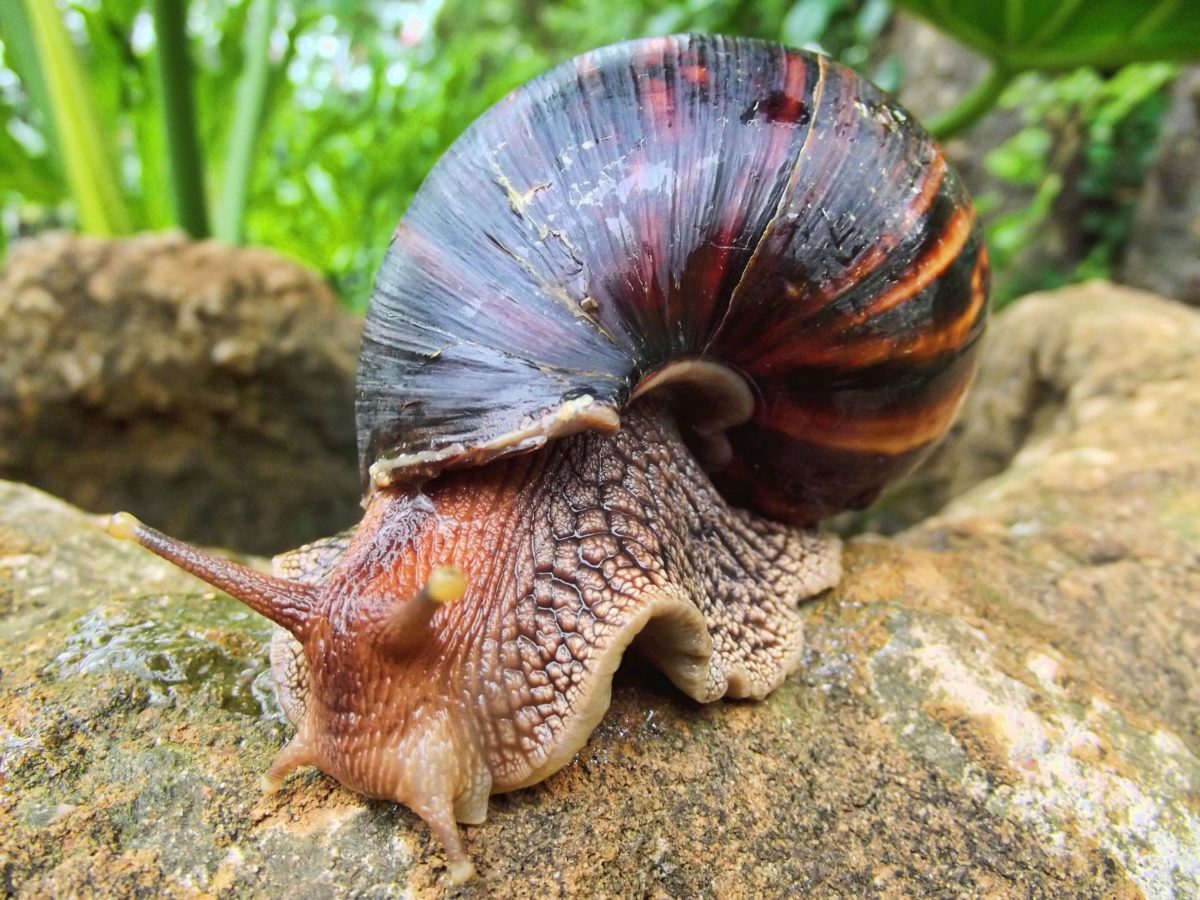Diamondback moth (DBM) has been a menace for brassica growers around the globe for decades. After a major outbreak in 2016, the issue became much more prevalent in Florida and Georgia. So, researchers from the University of Florida (UF) and the University of Georgia (UGA) have recently been studying how resistant these pests have become to commonly used insecticides. Hugh …
The Benefits of Beneficials
For organic growers, the tools to control pests are scarce. However, using insects to fend off pests may be a good option. Ayanava Majumdar, Alabama Cooperative Extension entomologist with Auburn University, has been studying the impacts of beneficials for years and is constantly getting questions from growers about how best to use these pest management tools. Majumdar says beneficials, or …
The Pepper Weevil Problem
By Ernie Neff University of Florida Institute of Food and Agricultural Sciences (UF/IFAS) entomologist Hugh Smith says the pepper weevil is a major challenge to growers because it’s “a primary pest that directly attacks the marketable part of the fruit.” Smith, associate professor at the Gulf Coast Research and Education Center in Wimauma, says the pepper weevil attacks all types …
Management Methods for Flower Thrips
By Alison DeLoach Since flower thrips have been causing concerns for Georgia’s blueberry growers, the pest was a topic discussed at the Southeast Regional Fruit and Vegetable Conference. At the conference, Renee Allen, area blueberry agent with the University of Georgia (UGA), presented research on flower thrips and management recommendations for growers. According to Allen, research was conducted in New …
Peach Pest Forecast
By Alison DeLoach Brett Blaauw, assistant professor and Extension specialist at the University of Georgia and Clemson University, gave his peach pest forecast for the year during his presentation at the recent Southeast Regional Fruit and Vegetable Conference. Regarding San Jose scale, Blaauw expects a tough year for growers. He said this winter has been relatively warm, creating a good …
Natural Gall Midge Management in Blueberries
By Alison DeLoach Gall midge has been wreaking havoc in blueberry crops across the Southeast. However, introducing more insects into your production system could help solve the problem. Renee Allen, area blueberry agent with University of Georgia Extension, recently spoke about the advantages of using beneficial insects that are natural enemies of blueberry gall midge. Blueberry gall midge destroys the …
Organic Tank Mixes Bring Benefits
Generally, organic producers try to stay away from using insecticides. If pest pressure is bad enough, however, it is important to avoid resistance. According to Ayanava Majumdar, Extension entomologist with Auburn University, incorporating tank mixes into a grower’s spray program can help deter resistance. Majumdar says he understands most organic producers use individual organic products. “But, through years of research, …
Florida Department of Agriculture and Consumer Services Winning Fight Against Destructive, Disease-Carrying Snail
Tallahassee, Fla. – Today, Florida Commissioner of Agriculture Adam H. Putnam announced that more than 168,000 Giant African Land Snails (GALS) have been eliminated in Florida since the invasive snail was discovered in Miami-Dade County in 2011. In addition, due to the success of the program, the department has decommissioned two additional core areas, two of the largest is the …
Get a Hold on Root-Knot Nematodes
Root-knot nematode infestation is one of the biggest soilborne problems for Florida vegetable growers. According to Johan Desaeger, assistant professor of nematology at the University of Florida’s Gulf Coast Research and Education Center, root-knot nematodes are very widespread in Florida and can cause some major issues. Once these nematodes enter the plant’s root system, they cause root-knot galls, which can …
Watch Out for Sweet Potato Weevil
By Breanna Kendrick What’s small, black, has six legs and causes a lot of damage to sweet potato crops? The sweet potato weevil. Once this pest is present and fields become highly infested, it’s very difficult to control. The weevil causes unsightly effects to the outside and inside of the sweet potato, making it hard to move the product through …














